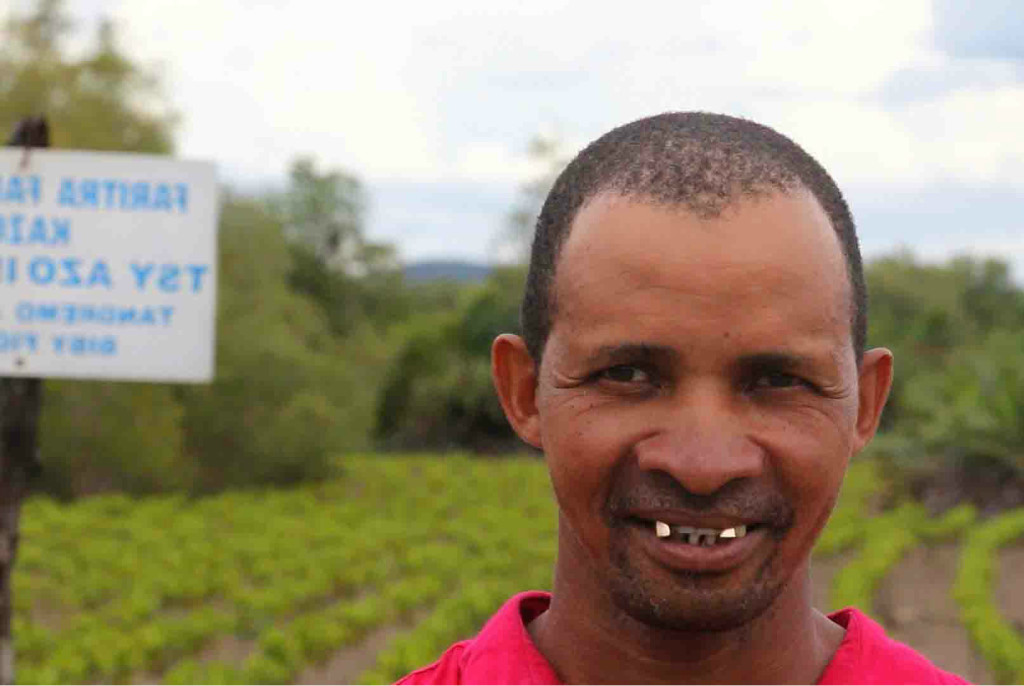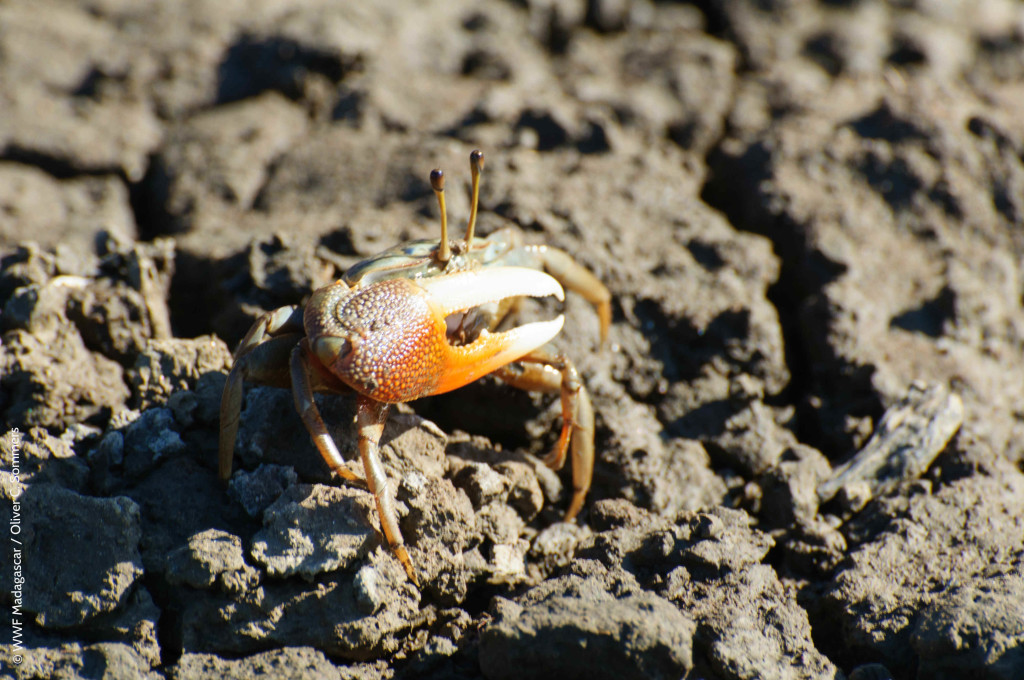Remaking the Mangroves

The last few years have not been kind to Abdallah. He lives in Ankazomborona, a small village near Ambilobe, and part of WWF’s Northern Mozambique Channel landscape, where the results from his trade, fishing, have been declining in recent years.
A Family Tradition
He learned to fish from his father. And his father learned from his father before him. And so fishing has been the foundation of Abdallah’s family for many generations. Abdallah lives on his boat and he knows his job well.
But the steady destruction of the mangroves is making crabs and fish a scarce resource and fishing a less lucrative and less sustainable profession. Abdullah and his family are suffering the brunt of the decline and feel its impacts on their daily lives.
Mangroves are a very sensitive ecosystem. Located between the land and the sea, mangrove forests are home to many species of fish and shellfish, as well as birds and amphibians. They also play an important role in tidal management, providing the surrounding areas with a natural defense in case of floods. However mangroves are particularly vulnerable to climate change and the steady destruction of the trees for building supplies and wood to fuel cook stoves is making the environment even more fragile.

It’s Time for Action
Abdallah, witnessing the weakening of the mangroves and the decline in the number of crabs and fish, realized something needed to be done. He is taking his future into his own hands by participating in a project to restore the mangroves back to health.
Together with his Community Association, and supported by the Scientific University of Antananarivo, Reniala, Abdallah is embarking on a reforestation of mangroves, replanting several hundred mangrove seedlings to restore the forest and protect his local ecosystem. Initiatives like this will allow the villagers to one day to live sustainably from the resources of their ecosystem and in harmony with nature.
